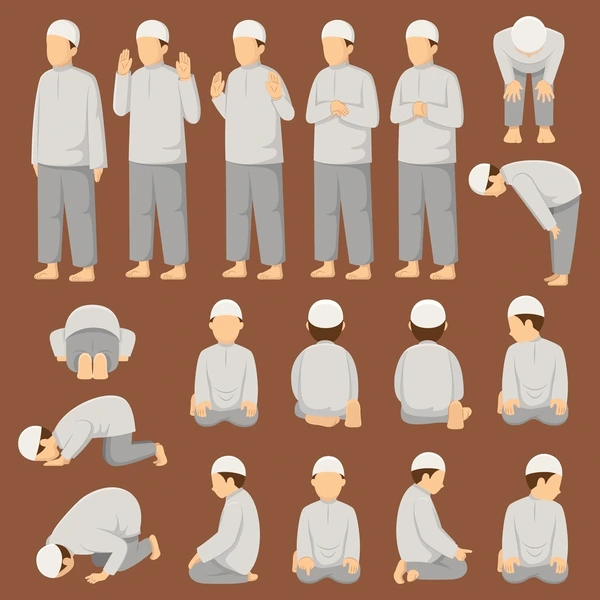Praying Salat, or Namaz, is a compulsory part of a Muslim’s daily routine, connecting the believer with Allah Almighty. Among the five daily prayers, Maghrib Prayer Salat/ Namaz is performed just after sunset. It consists of Fardh three rakats.
If you’re new to Magrib Salah, this guide will help you understand how to pray Maghrib Salat step by step.
Let’s dive into the details.

Learn Quran Kareem and Islamic studies with expert male and female Quran tutors. Enroll now!
The Importance of Maghrib Prayer in Islam
Maghrib prayer holds a special significance as it symbolizes the completion of the day and the transition to evening. It’s a reminder for Muslims to be thankful for the blessings of the day and to seek forgiveness for any shortcomings. Performing Maghrib Salah consistently is a way to maintain a strong spiritual connection with Allah (SWT).


